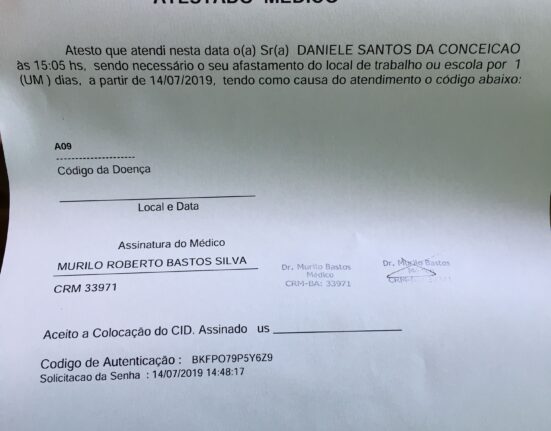On a historic day in October 2024, Nigeria embarked on a significant journey to combat malaria with the introduction of its first malaria vaccine. This milestone marked a crucial turning point for the nation grappling with the highest malaria burden globally, responsible for over one-third of malaria deaths in children under five years old.
The R21/Matrix-M vaccine, known as R21, symbolized a beacon of hope in public health efforts against this deadly disease. However, despite its potential impact, the success of the vaccine rollout faced formidable hurdles encompassing logistical, infrastructural, and societal complexities.
Nigeria’s battle against malaria is daunting with more than 97% of its population at risk. The introduction of the R21 vaccine was designed to complement existing interventions like insecticide-treated nets and seasonal chemoprevention efforts. The initial roll-out focused on Bayelsa and Kebbi states due to their high prevalence rates. For instance, Kebbi alone allocated nearly 600,000 doses targeting over 170,000 children aged between 5-15 months.
Supply shortages emerged as a critical bottleneck impeding the efficient distribution of vaccines. With only one million doses received—most from Gavi and some from Nigerian Government—the gap between supply and demand widened significantly. Sustaining adequate vaccine availability amidst Nigeria’s high birth rate necessitates substantial financial investments—an uphill task posing challenges not only for Nigeria but for other African nations.
Clinical trials demonstrated promising efficacy rates for the R21 vaccine; however, implementing a four-dose schedule requires robust infrastructure for timely administration. Maintaining cold chain storage at specific temperatures is pivotal for ensuring vaccine potency but poses challenges given Nigeria’s unreliable power grid and insufficient refrigeration facilities—raising concerns about effective distribution to remote areas.
Vaccine hesitancy emerged as another major roadblock fueled by misinformation, cultural beliefs, and distrust towards western-led initiatives. Overcoming this barrier mandates strategic community engagement involving religious leaders, local health workers, and targeted public health campaigns aimed at dispelling myths surrounding vaccination safety.
The necessity for adherence to complete all doses highlights the importance of innovative strategies such as integrating incentives like providing insecticide-treated nets to caregivers who adhere fully—a model successfully implemented in Ghana enhancing vaccination coverage levels significantly.
To ensure long-term success in combating malaria through vaccination programs demands addressing logistical intricacies alongside financial constraints while investing in sustainable infrastructure development like local production capabilities that could bolster supply stability and reduce dependency on imports—a vital step towards securing thousands of lives annually while navigating Nigeria towards eradicating malaria effectively.









Leave feedback about this